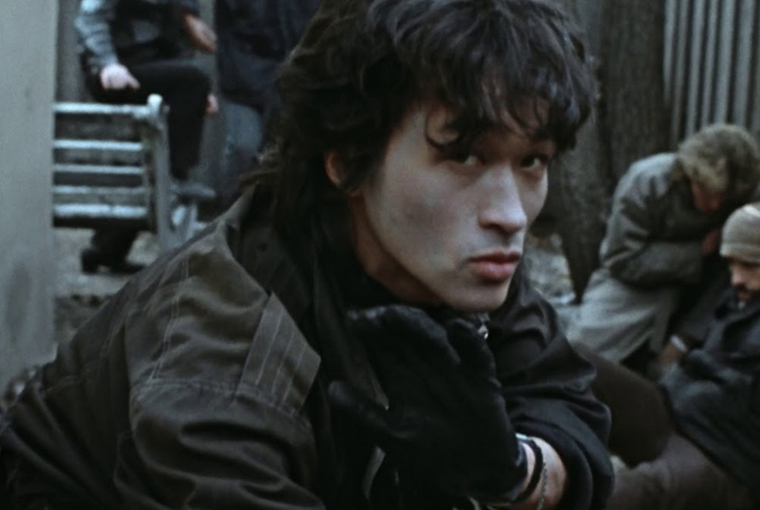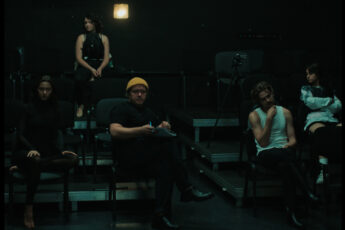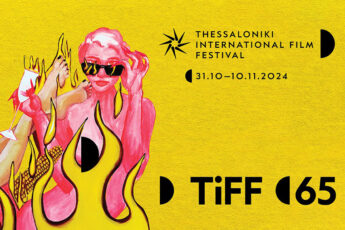
Western trends always reach Eastern Europe late. Capitalism, Starbucks, gluten-free bread, now the #MeToo film. Somewhere in Los Angeles a scandal cools down, and five years later it premieres in Karlovy Vary under a new title and a grant from the national film center. The latest arrivals – Mentor (dir. Tinkara Klipšteter, Slovakia, 2024), After the Silence Was Broken (dir. Mikoláš Arsenjev, Czech Republic, 2023), Broken Voices (dir. Ondřej Provazník, Czech Republic, 2025), and A Loss of Balance (dir. Korek Bojanowski, Poland, 2025) – prove that if moral outrage travels slowly, it at least travels in high definition.
There is certainly enough material. In Lithuania, testimonies from the film community described harassment and coercion in production and training settings, prompting a public discussion about widespread misconduct in the industry. In Romania, former students accused director and professor Şerban Puiu of sexual misconduct at the national film academy. In Hungary, acclaimed director Péter Gothár was accused of repeatedly harassing a woman working at the Katona József Theatre. In Poland, actors and graduates of the Łódź Film School reported physical violence, forced nudity, and systematic humiliation by teachers who justified abuse as part of artistic training. In Latvia, young performers on the film Anna LOL described being pressured into intimate scenes under abusive conditions.
Cinema has turned these headlines into character studies. The viewer’s attention is directed toward the victim’s endurance and the perpetrator’s charisma or pathology. Institutional mechanisms, such as the role of faculty, administrators, and peers, recede behind personal ordeals and trauma. All of this makes the viewing intimate but also safe: the viewer mourns with the victim, despises the perpetrator, and leaves the movie theater without having to ask what keeps such abusive hierarchies in place.
There is a vampirism to this new honesty. The industry keeps itself alive by extracting emotion from its own casualties, then selling the product as renewal. Like vampirism, the whole thing runs on eternal return. First come the traumas, then the films about the traumas, then the films about the films about the traumas and the circle tightens until the films are made for those who already appear in the credits. And while a vampire-slayer film on the topic would at least be entertaining, it will probably be deemed too American by the PhD-holding producers of European art house cinema. So better be prepared for another festival season of bloodless confessions.
***
Antonis Lagarias saw the above-mentioned Loss of Balance at the recent Kinopolska event in Paris, faulting the film for its implicit glorification of abuse. On the occasion of the Samizdat Eastern European Film Festival that is taking place in Scotland this month, Jack Page critiques Ignas Miškinis’ Southern Chronicles, a class-conscious coming-of-age film set in the 1990s. This month’s issue also features three Kazakh-themed submissions. Nora Furlong takes a thorough look at Rashid Nugmanov’s 1988 cult classic The Needle, specifically its engagement with the sounds of the glasnost era and late Soviet mass media. Meanwhile, we are publishing two takes on Cadet by the ever-prolific Adilkhan Yerzhanov, with Martin Kudláč interpreting it as a study of institutionalized terror, and Margarita Kirilkina seeing in it an exploration of evil as a metaphysical force.
We hope you enjoy our reads.
Konstanty Kuzma & Moritz Pfeifer
Editors
Note: Due to delays in our publication schedule, this issue was published in the month of October 2025.




Leave a Comment